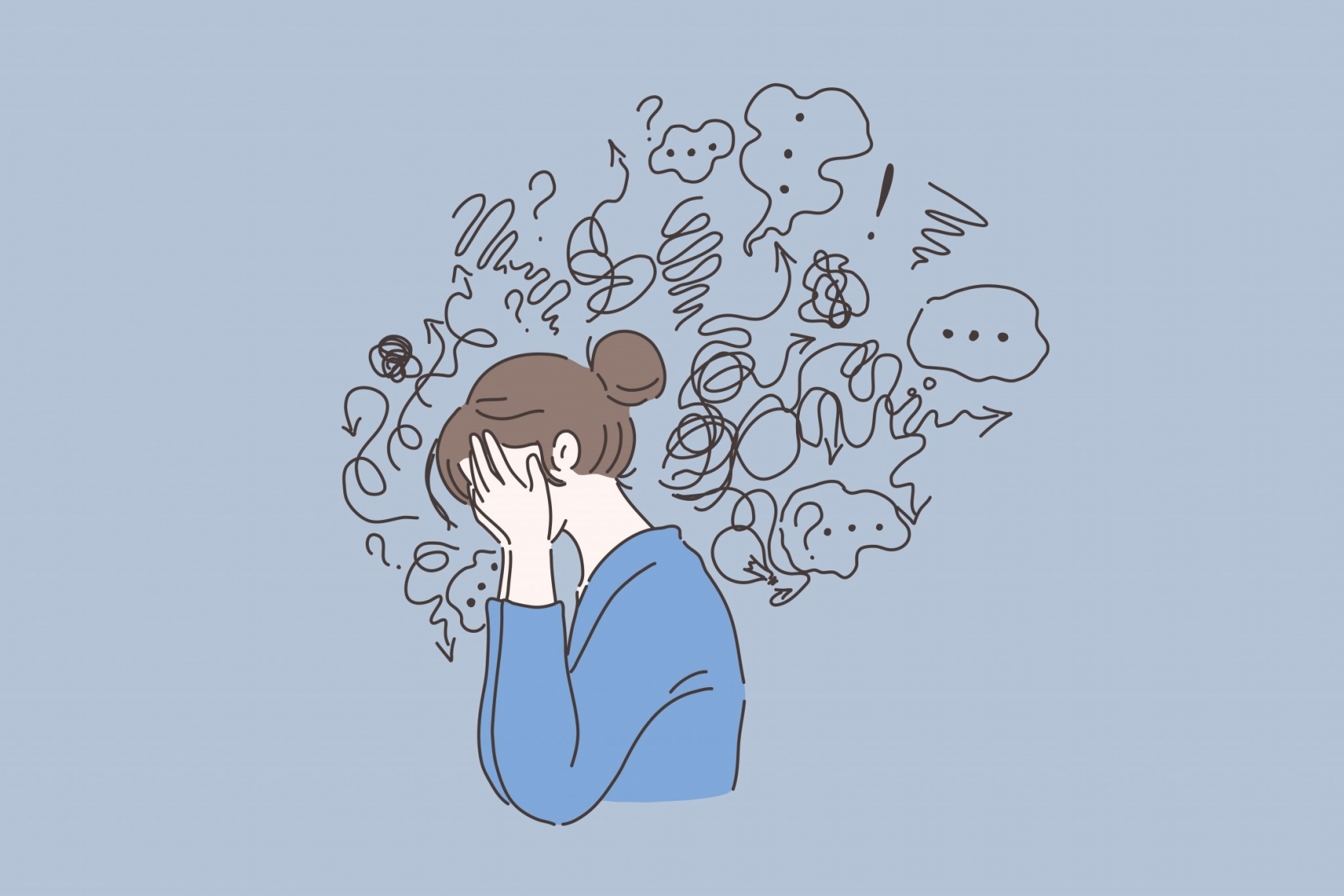Written by Amy Beecham
Are the harmful things we tell ourselves impacting the way others treat us too? Psychologist Dr Lisa Turner breaks down how to silence our ‘inner gaslighter mode’.
When you tune in to your inner monologue, what does it sound like? Are you a people-pleaser constantly second-guessing how your actions make other people feel, or perhaps your anxious attachment style fuels the anxiety that everyone in your life secretly hates you?
The way we talk to and think about ourselves has a strong impact on the way we’re viewed by others.And while we all know that gaslighting is a manipulative behaviour that we can experience from others, we can also be at risk of gaslighting ourselves.
“It’s like an inner critic on steroids – constantly berating yourself, undermining yourself, causing you to question your own judgment, memories or perceptions,” explains trauma expert Dr Lisa Turner. According to Dr Turner, the inner gaslighter will convince you that the absolute worst-case outcome is not only possible, but a certainty, and it’s all your own fault.
Not only does negative self-talk affect our confidence, but our inner gaslighter mode can also make us more vulnerable to people who gaslight, too.
Let me be clear: being gaslighted is never your fault. However, having your own extremely loud inner critic can make you more likely to believe the manipulative narratives being driven by the gaslighter. Because if you already belittle or dismiss your own concerns or feelings, it makes it even easier for another person to do it to you.
“Whatever you’re thinking inside, others will pick up on this and reflect it back at you,” agrees Dr Turner. “If you feel bad about yourself, others will unconsciously sense this and use it against you. Sometimes they don’t even mean to, and other times someone with an inner gaslighter will attract abusive or even narcissistic relationships.”
Put simply, if you’re already putting your needs and feelings last, if you already don’t believe in yourself, it makes it all the easier for someone else to tap into those feelings and amplify them.
How to tell if you have an inner gaslighter mode
As Dr Turner tells Stylist, there are some key signs you may be gaslighting yourself. These include downplaying your own strengths and abilities, being unable to accept a compliment or praise and always thinking you’re wrong, flawed or worthless.
It can also manifest in people-pleasing, being overly flexible, catastrophising situations, always expecting the worst possible outcome in a situation and emotional sponging (ie being hypervigilant to the emotional states of others as a form of protection and absorbing their traumas as your own).

How to confront your inner gaslighter
In her book CET Yourself Free, Dr Turner explains that the inner gaslighter is often the effect of trauma, such as neglect, manipulation and insecurity during childhood. “The problem with trying to tackle or work round your inner gaslighter is that it never addresses its cause,” she says.
If you do feel ready to take control of your negative self-talk, Dr Turner says the first thing to do is seek support from trusted friends, family or a therapist. With them, you should begin working on increasing your self-awareness and emotional resilience, practising self-compassion and forgiveness, especially of yourself, and setting boundaries with people who engage in gaslighting behaviour.
From there, it’s important to continue to seek out education and resources on healthy communication and relationships. It may also be beneficial to keep a journal or record of events to keep track of your encounters. When you or others question what happened you have a record to refer to and confirm what actually happened rather than your imagination.
Images: Getty
Source: Read Full Article
